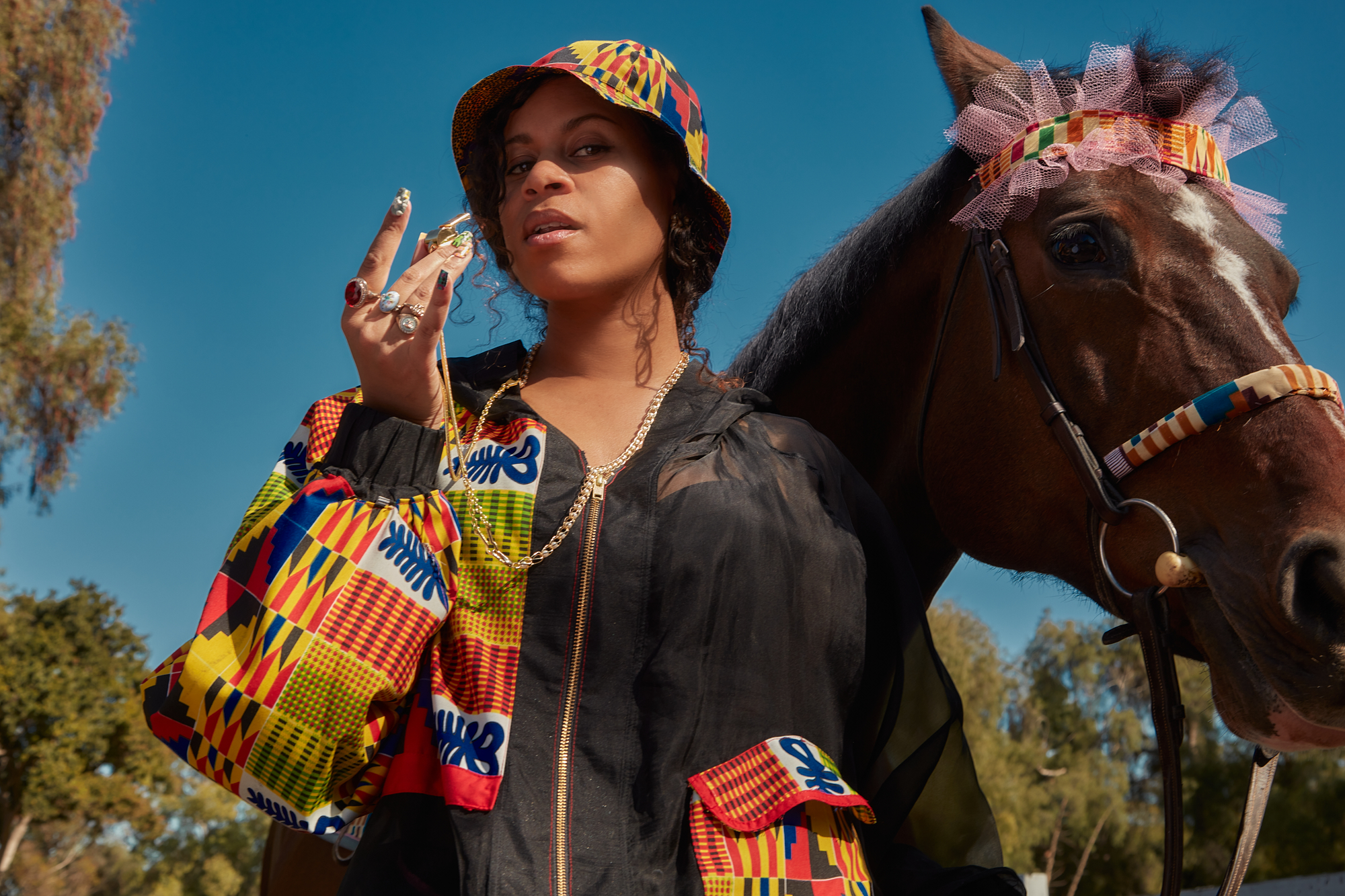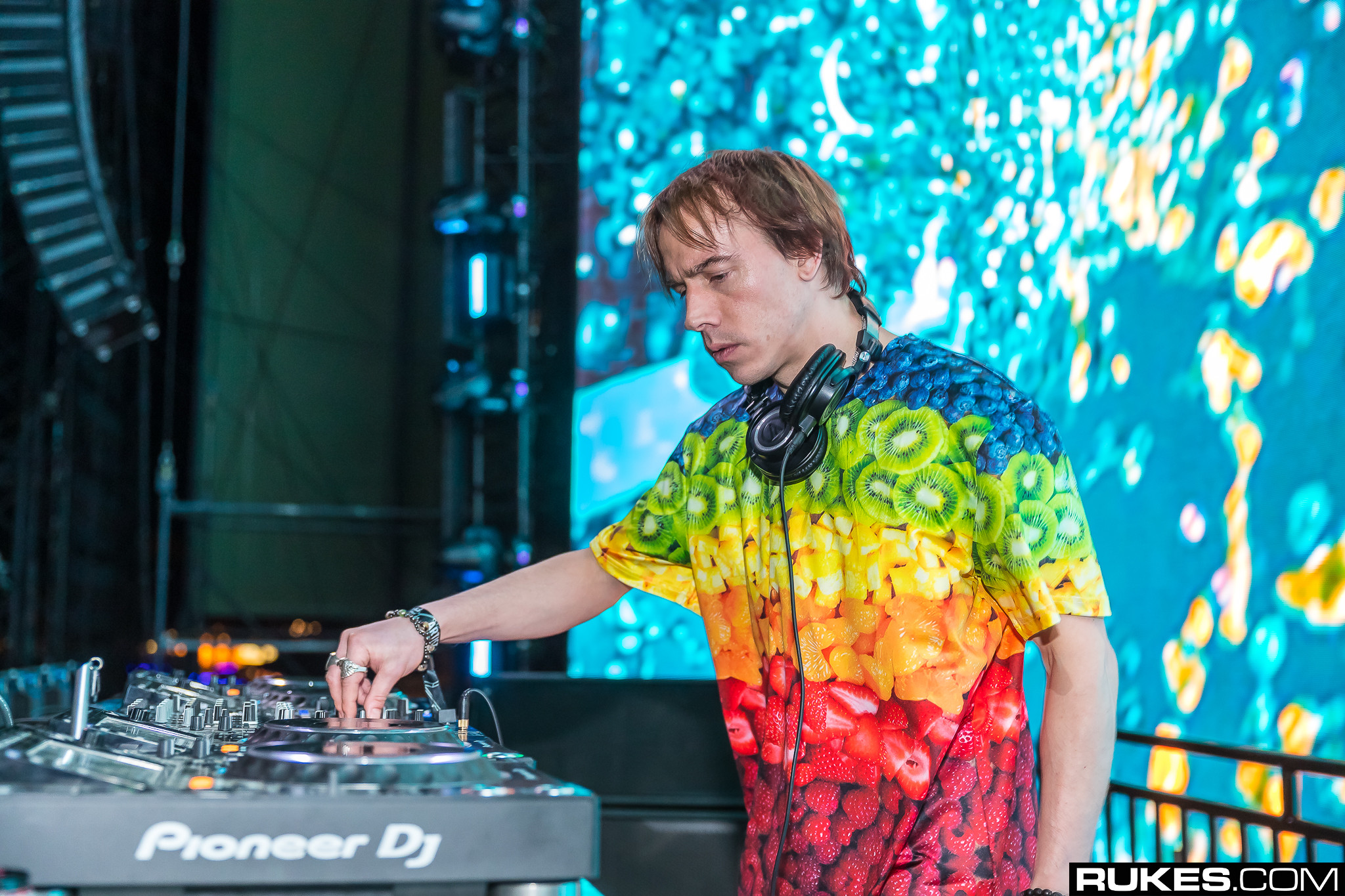The last month of protests stemming from the murder of George Floyd has both created tangible change and uncovered a need for change against the systemic issues that BIPOC face in all corners of the entertainment industry, including music.
Many artists and celebrities have either donated, attended protests, or signed onto open letters discussing the systemic issues in their industries. Today, Aluna Francis (of AlunaGeorge), has penned her own, taking aim at inequalities, double standards, and more.
Plenty of artists have already signed the letter, including Annie Mac, Dillon Francis, Diplo and many more. Here is the Google Doc of letter supporters that will continue to update with names. It’s being updated by the minute.
You can read Aluna’s full letter below and see her interview with Billboard here.
https://www.instagram.com/p/CB3S5t2JVHR/?igshid=1dw4tshadff4b
An open letter to the dance music community by Aluna Francis
As a member of the Black Music Action Coalition and a Black woman in dance music, I need to challenge the “dance music industry” on its long standing racial inequalities. We not only need to give credit to the artists that created the genre, we also need to establish a long-term plan to secure a healthy future for dance music that is culturally and racially inclusive.
What I’m proposing is that the current genre definition and industry-designed parameters of dance in particular need an upgrade.
Many of us know that dance music wasn’t invented in 1988 in Europe. Its real history is still to be widespread and appreciated since it was virtually erased — House and Techno were pioneered by Black and Brown LGBTQI people, once creating a safe place of escapism and healing for those communities. Dance music was protest music, liberation from oppression, so it’s bitterly ironic for it to be appropriated by the white community, both burying its rich history and casting out the wider Black artists from a genre their community invented. (Read: ‘Dance and club music is Black and Brown protest music’, Electronic Beats 2020).
There are many types of dance music made by Black producers that were never accepted into the genre widely (Juke, Jersey club, Baltimore club, Philly club, footwork, soflo jook, ballroom/vogue, slowflo, Miami jook, UK funky, New Orleans bounce and more). (Credit: ‘DJ Sliink on Racial Inequity in the dance Industry’, Billboard 2020). The original sounds of dance drew from and embraced many aspects of Black peoples rich musical heritage.
As the genre was westernized the sound changed to the point where its original cultural influences were no longer heard or associated with the genre. This means that only the subgenres of EDM or European-style House/Techno are consumed by the masses via DSPs (Spotify, Apple Music, Amazon Music, YouTube, etc), radio, and mainstream media — any other styles of dance music from African-born artists and producers of the wider African diaspora are left out. This is especially shortsighted since currently, due to the lack of diversity, white dance music producers are further appropriating the beats of the very people left out of the main genre, creating an extreme double standard. For example, if a white producer uses African beats, it will be accepted and playlisted as dance which has a well worn pathway to mainstream pop music. However, African house music produced by a Black person will not get the same opportunity.
There is no reason why dance music of the African diaspora and African-born artists shouldn’t be included under the banner of dance under DSPs. You should be able to find Gqom, afrobeats, afropop, dancehall, reggaeton, juke, Jersey club, Baltimore club, Philly club, footwork, soflo jook, ballroom/vogue, slowflo, Miami jook, UK funky, UK garage, New Orleans bounce and more under the banner of dance.
Additionally, the top performing songs of these sub-genres should feed into the marque dance playlists at each platform. Some DSPs have editorial playlists for afrobeats, afropop, dancehall, and reggaeton genres, which I believe is important to have in order for those communities to have their own ecosystems — however, most of these playlists are not prominently placed within DSP platforms, and these styles of music aren’t given opportunities to grow within the dance genre. They’re treated like an isolated genre, yet, these sounds have influenced mainstream dance and pop music for years.
Dance music needs to be progressive and move us into the future, especially right now, as we have globally united in the fight to end racism. The role of dance is to give healing, to uplift us, and to serve as a celebration of those who are on the front line making a better future for us all.
– Aluna




















